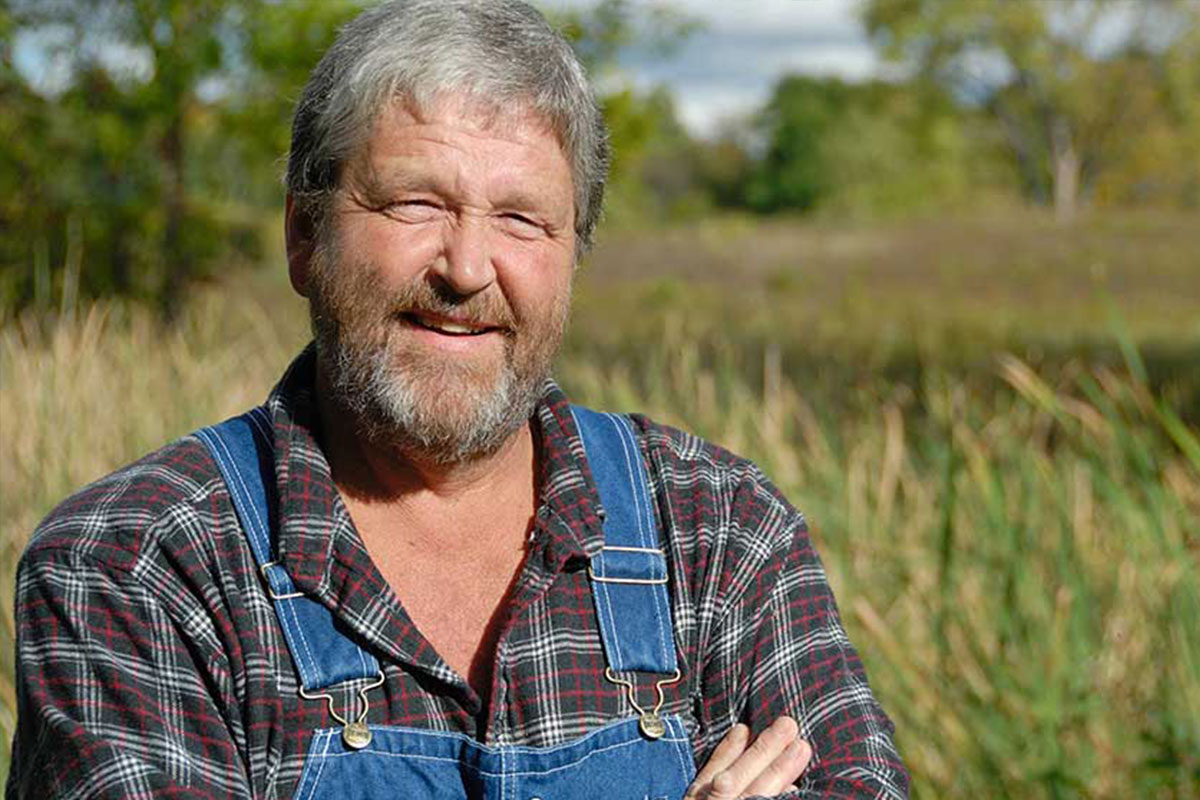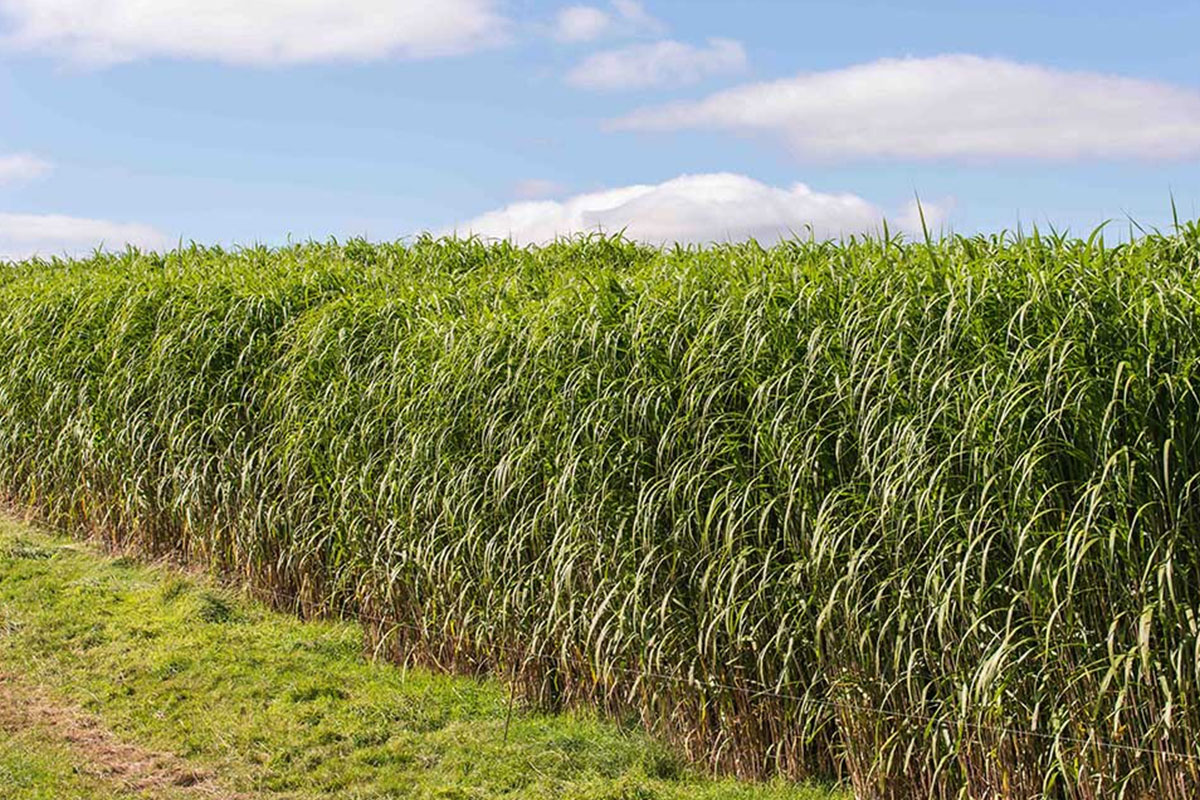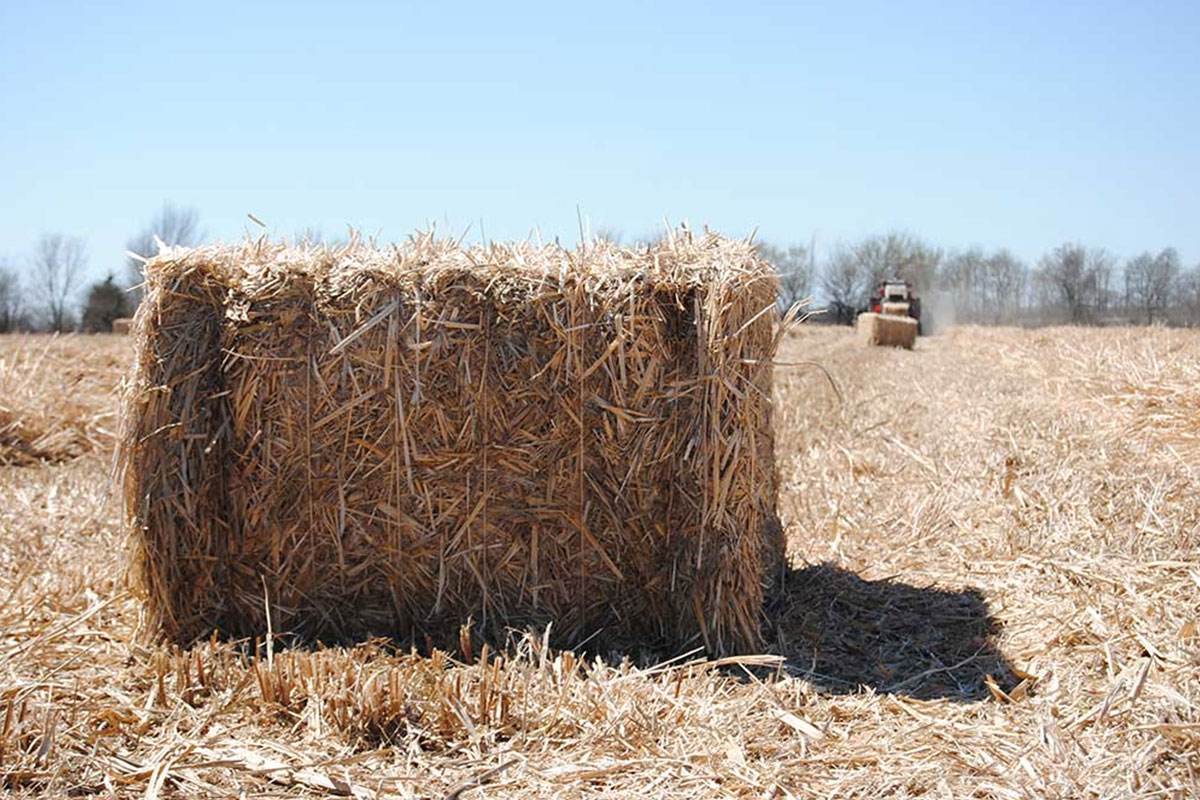From the farmers that we work with, to the companies that purchase our products, we are dedicated to growing successful relationships.

For Farmers
Renew Biomass is committed to rural America.
For our farmers, that means being dedicated to establishing viable markets, aggregating tonnage for optimal pricing and being committed to assist every step of the way. That’s why we will assist you from the very beginning of soil preparation all the way through crop harvesting and transportation.
At Renew Biomass we want to alleviate your worries about marketing by providing a multi-year competitive contract for the purchase of your crop. We have developed a vertically integrated establishment system which truly sets us apart and allows us to obtain the best return for your product.
Why Miscanthus?
We have created a vertically integrated, renewable supply chain.
This allows us to maintain a watchful eye over our product from start to finish so that we can deliver a consistent, high-quality product. We take pride in being a part of the process from planting in the fields to processing at our state-of-the-art manufacturing facility.
Renew Biomass is revolutionizing the biomass industry with technology and processes that makes Miscanthus production a viable and long-term source of renewable biomass. In the past, mass production of Miscanthus wasn’t considered possible due to limitations on planting technology. However, our proprietary methods for planting and processing this crop allow ease of Miscanthus production that was never before thought possible.

Press play below to get a glimpse of how M-Fiber helps our American farmers through the process of growing Miscanthus.

What are the benefits of Miscanthus?
1. Low Inputs – Unlike other crops that must be planted annually, Miscanthus only has to be planted once while still reaping an annual harvest.
2. Long-Term Supply – The supply and ability to produce Miscanthus is almost limitless. The more we need, the more we can produce.
3. Eco-Friendly – Made with all natural materials and light manufacturing methods, both production and disposal of this product has a minimal carbon footprint. In some applications the carbon impact may even be negative.
4. Grows on Marginal Land – It has long been thought that marginal land would someday be of use in planting non-food crops. That day is finally here. Miscanthus has been shown to perform as well or better on marginal land.
